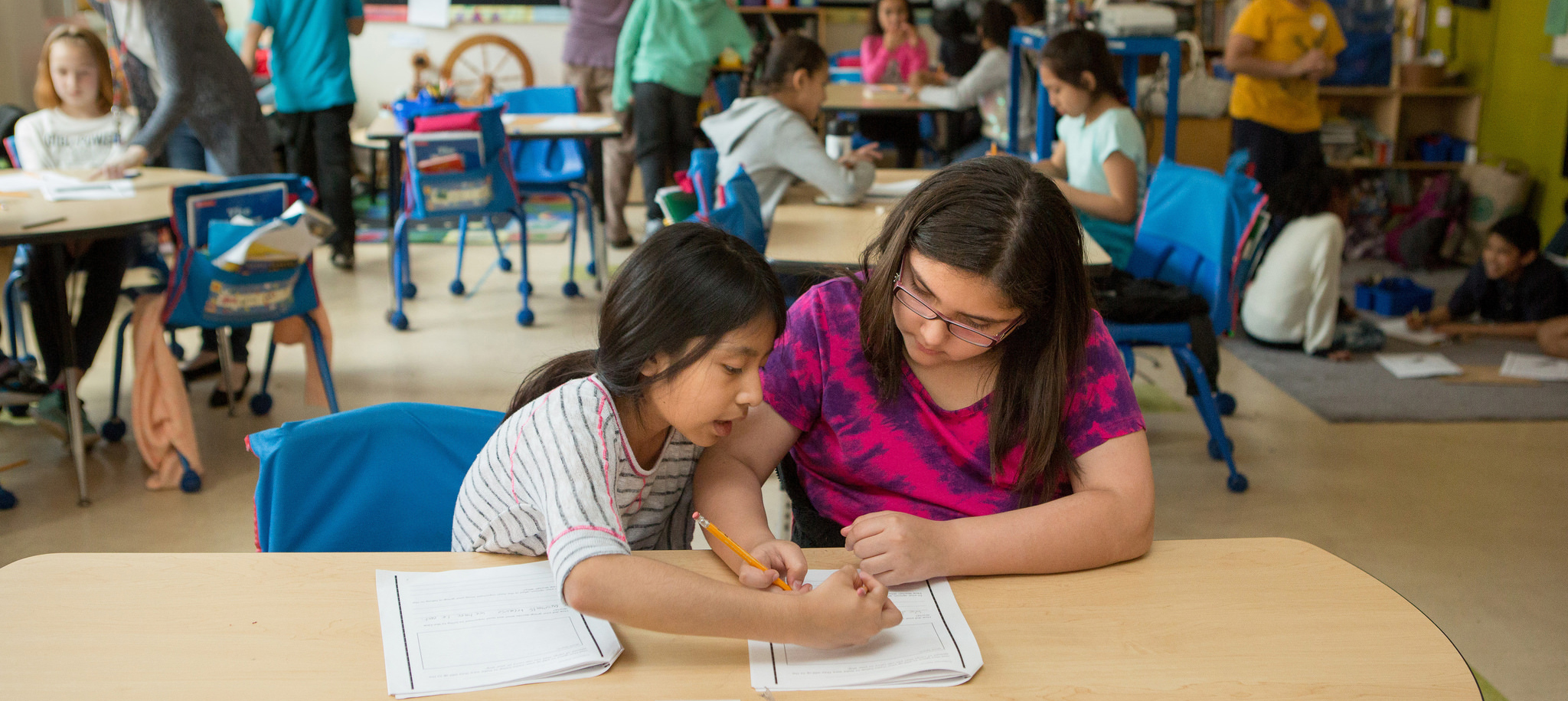
Lane Wright is Director of Strategic Growth at Education Post. In addition to this role, he tells stories that help families understand how their schools are doing, how to make them better and how policy plays a role. He’s a former journalist and former press secretary to Florida’s governor, and he’s got a knack for breaking down complex education reform policy issues into easy-to-understand concepts. During his time at Education Post, and with previous organizations, Lane has interviewed teachers, students and local school leaders. He’s spent time watching them work in the classroom and helped them raise their voices on issues they care about. He’s also helped parents advocate—in the news, and before lawmakers—for a better education for their own kids. Lane, his wife, and three children live in Tallahassee, Florida, where his kids attend a public charter school.
The fight for educational equity has never been just about schools. The real North Star for this work is providing opportunities for each child to thrive into adulthood. This means that our advocacy...
Your donation will support the work we do at brightbeam to shine a light on the voices who challenge decision makers to provide the learning opportunities all children need to thrive.
Ed Post is the flagship website platform of brightbeam, a 501(c3) network of education activists and influencers demanding a better education and a brighter future for every child.
© 2020–2024 brightbeam. All rights reserved.